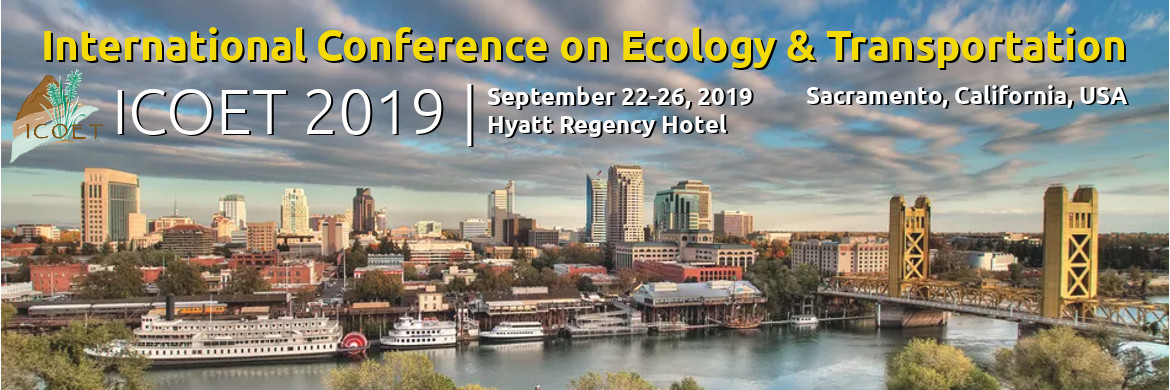Bumble bees are important pollinators of natural and agricultural landscapes. They are among the most efficient native pollinators and are considered keystone species in many ecosystems. In recent decades, several bumble bee species have experienced declines. An eastern species, Bombus affinis, the rusty patched bumble bee, was listed as federally endangered in 2017, becoming the first bee in the contiguous United States to be added to the list and highlighting the importance of providing pollinator habitat. Roadsides represent a landscape with the potential to provide quality pollinator habitat. We surveyed roadsides in the 7-Metro County Area of Minnesota, which includes Minneapolis and St. Paul. We systematically surveyed 94 sites that ranged from urban, suburban and rural landscapes 3-15 times between June-August 2018, following a conditional sampling design. Because the metropolitan area of Minnesota is inhabited by the rusty patched bumble bee, we had to develop non-lethal survey methods to survey the roadside bumble bee community. We walked 250 meter transects and used visual identification to survey roadsides for bumble bees, counting all bumble bees observed and identifying them to species or species-group. We used occupancy modeling to estimate the probability of occupancy and detection for the eight bumble bee species observed during our surveys, including B. affinis. We investigated the impact of landscape variables on occupancy and detection, including floral area, floral species richness, area of impervious surface, and area of canopy cover. We found that detection was similar between species, though some species varied in detection. Occupancy differed greatly between species. Floral area seemed important for occupancy, indicating that increasing floral area along roadsides could increase the likelihood they will be used by bumble bees. Our results provide insights into landscape variables that may be important for supporting a diverse bumble bee community along roadsides. The implications of our study can help provide recommendations on roadside vegetation requirements to support bumble bee communities along roadsides.
Vegetation Management in Transportation Corridors
pollinators
detection probability
occupancy modeling
bumble bees
endangered species
roadsides
